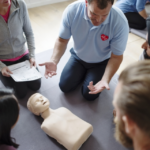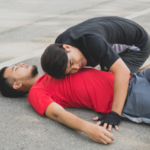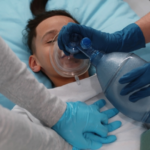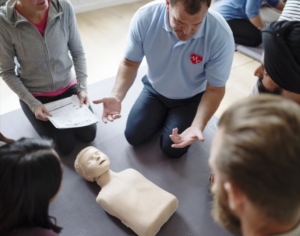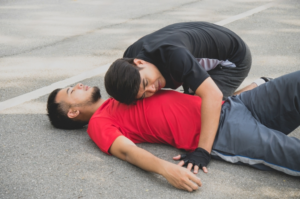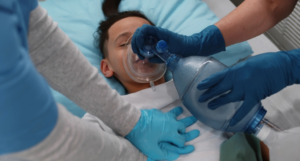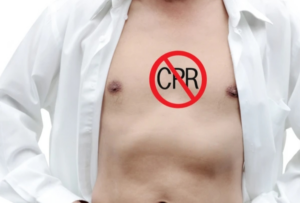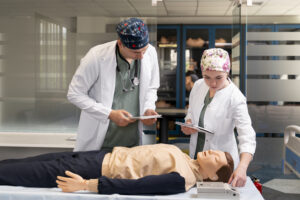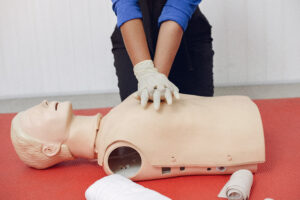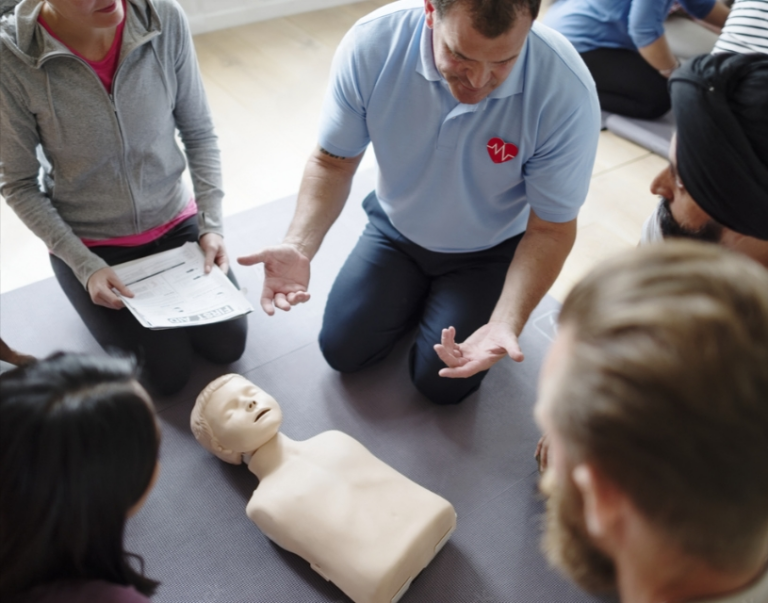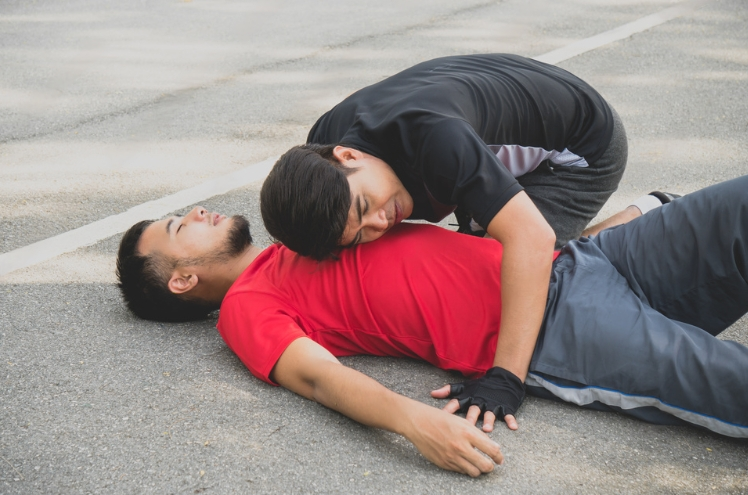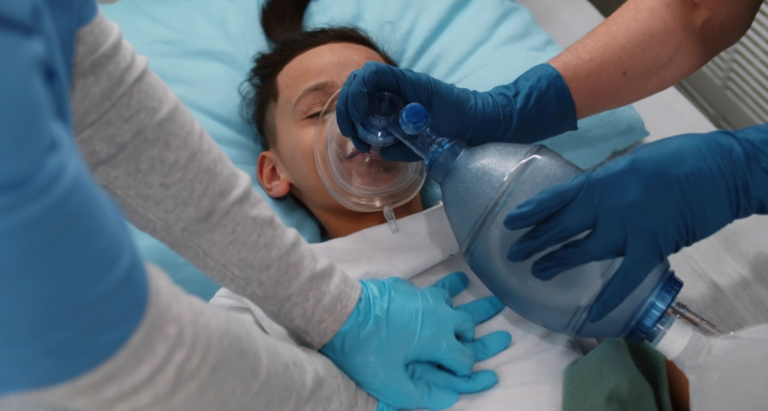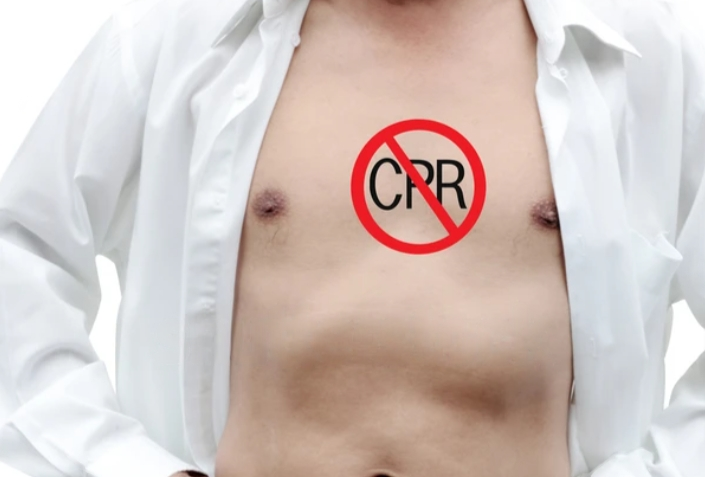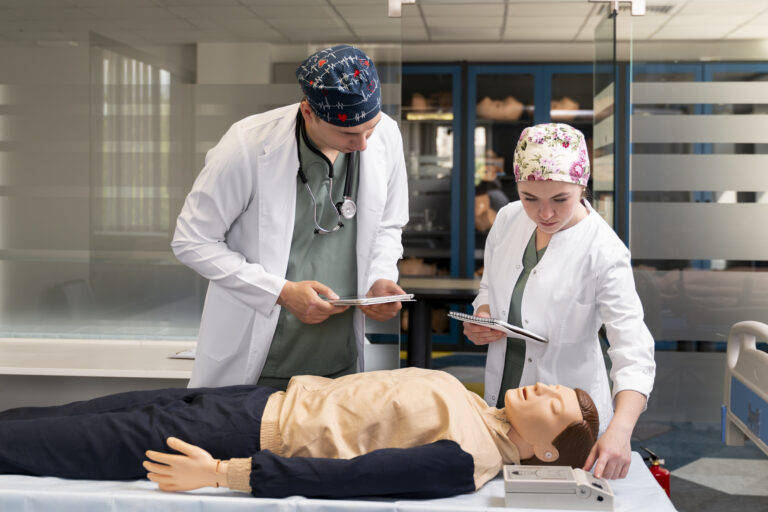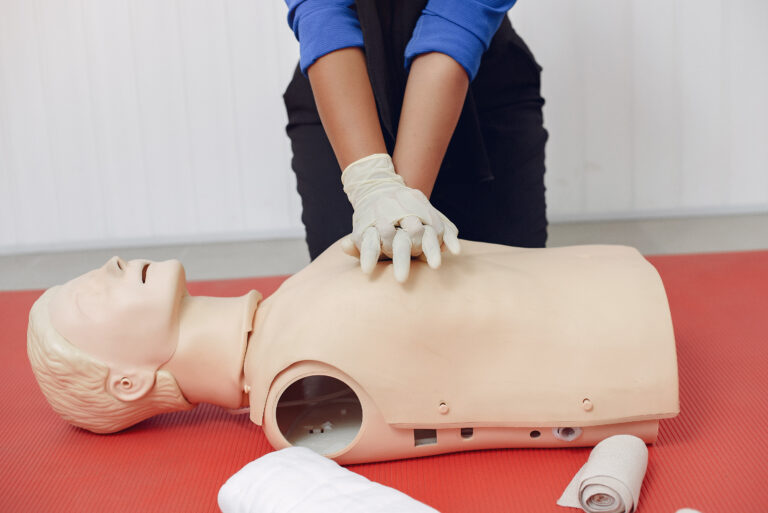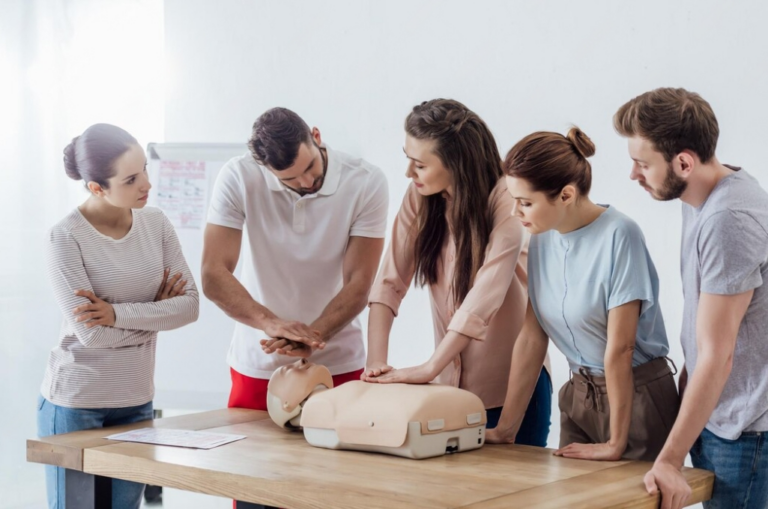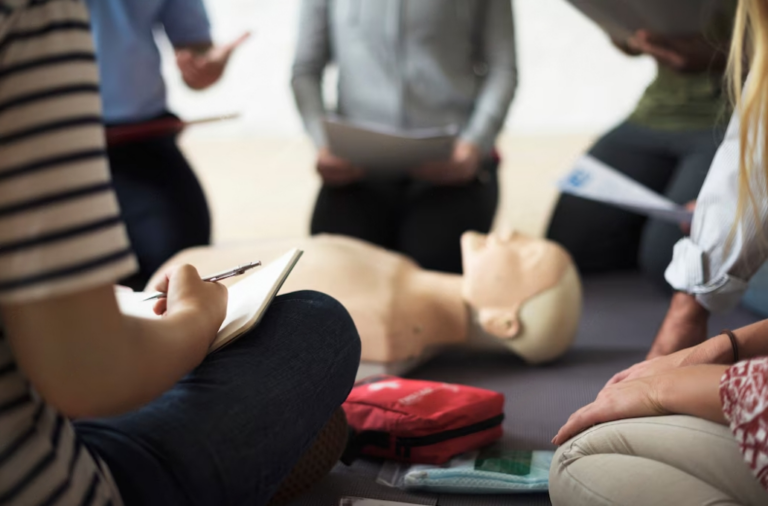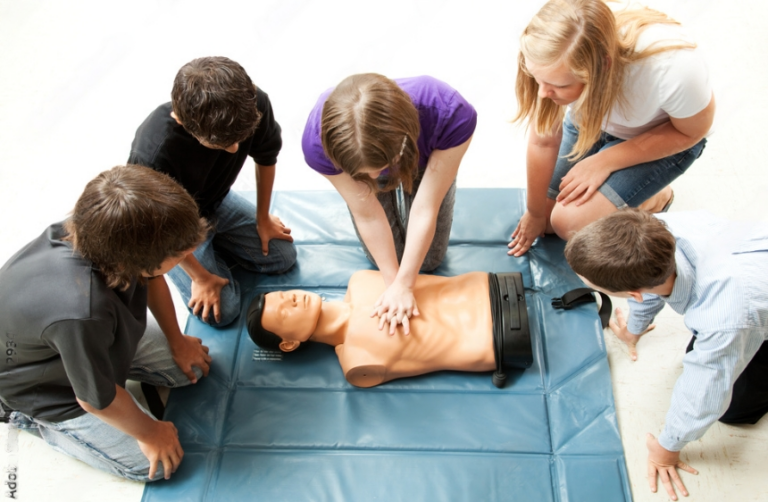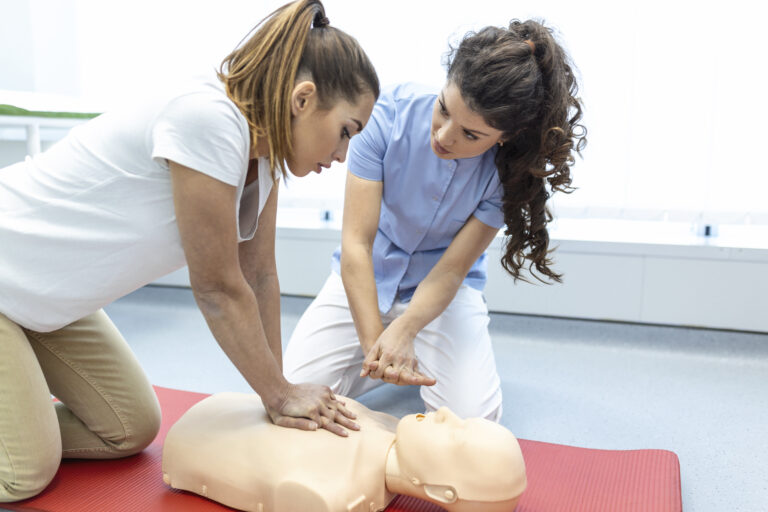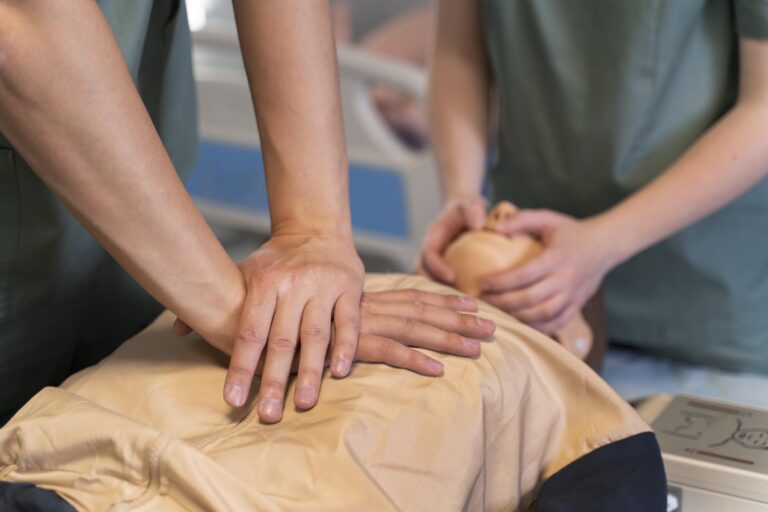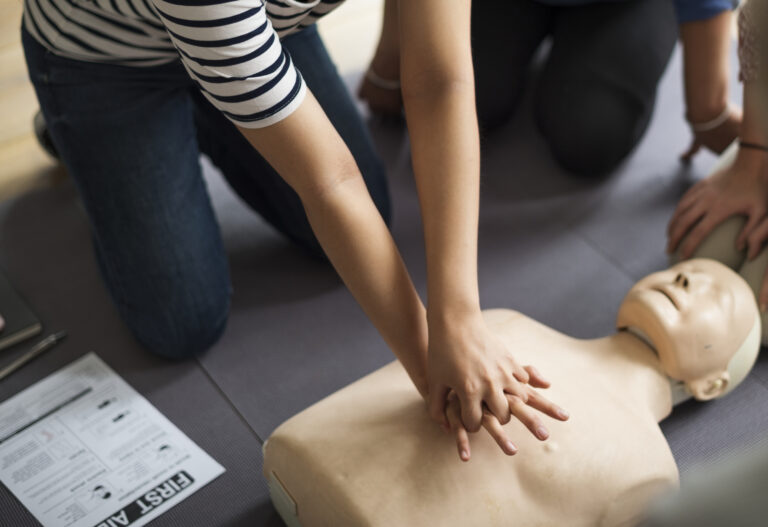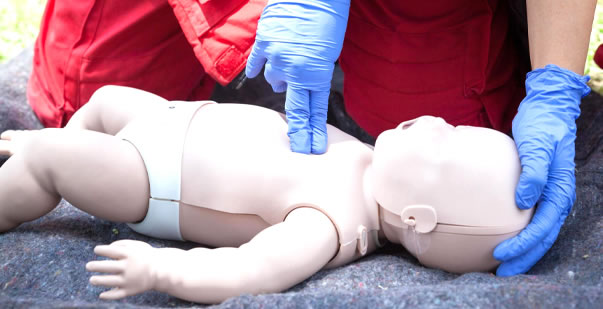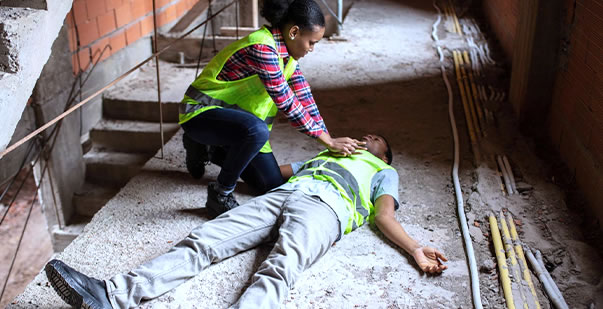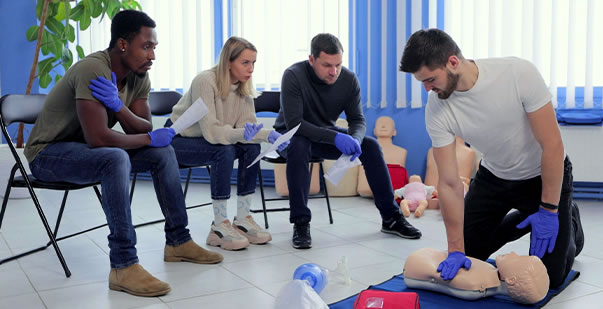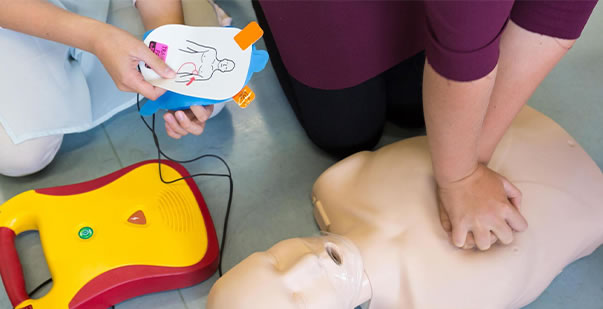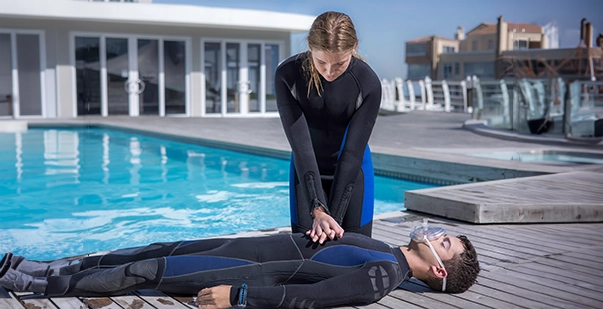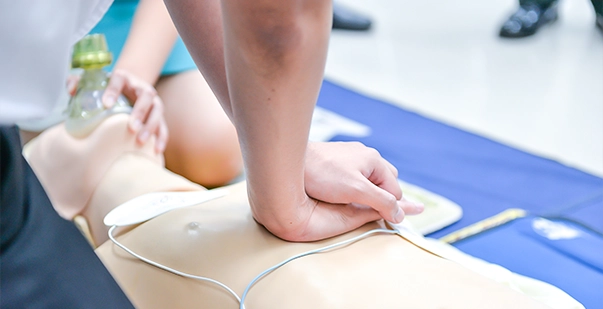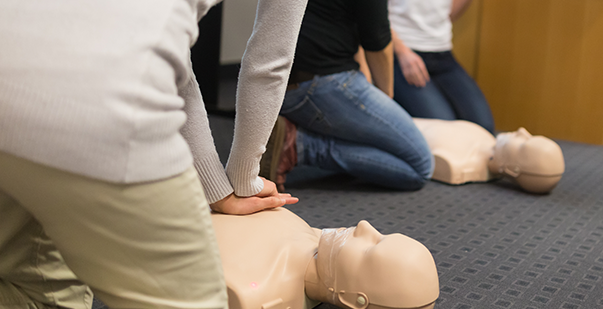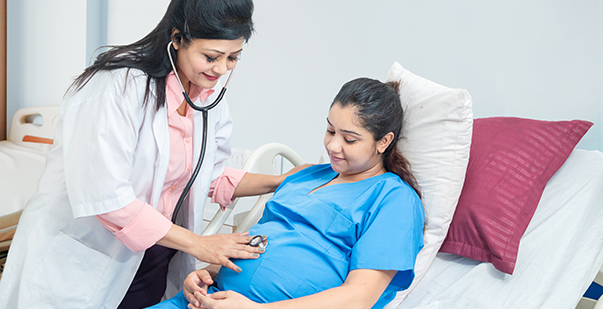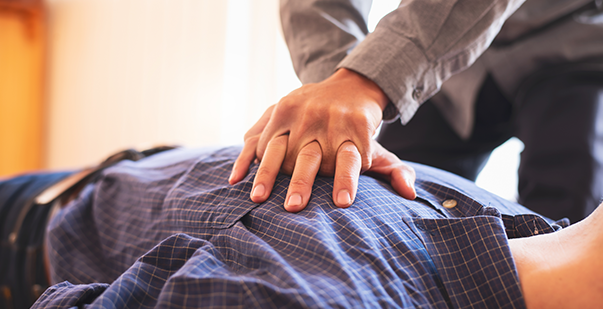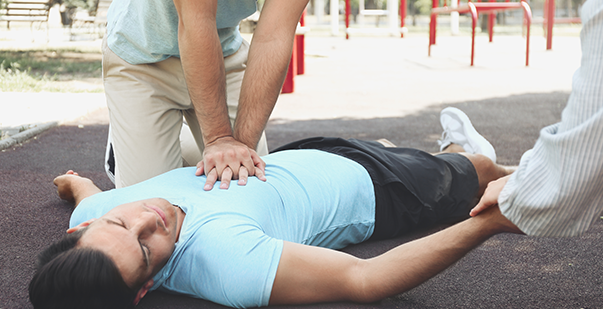During the holidays, one thing that parents worry about, besides the mess, is children getting hurt. It’s the most beautiful time of the year, but children can be a handful, and they may injure themselves. Hence, to keep kids safe during holidays, parents need to be mindful of their surroundings, both indoors and outdoors. The holidays are for making memories. By making the holidays safe for parents and children alike, a family can enjoy the season with fun and joy.
Safety Tips for the Holiday Season
You can keep your children injury-free and happy during the holidays by following these tips:
Safety While Decorating
- Ensure that all decorations, artificial icicles, and trimmings are lead-free. Keep these things out of tiny children’s reach.
- Young children tend to play with decorations. Make sure to remove small or broken ornaments away from them.
- To reduce the risk of house fires, choose LED or flameless candles.
- The mistletoe and holly berries are poisonous plants. Ensure you keep them away from the grasp of young children.
- Be cautious of holiday cards that use button batteries. If young children ingest these batteries, it can damage their esophagi.
Kitchen Safety Tips
- Avoid pets and kids in the kitchen while cooking.
- Keep pot handles turned inside and out of the reach of children.
- Use back burners instead of burners to prevent hot liquid scald burns.
- Keep the kitchen floor and counters clutter-free to prevent falls and fires.
- Never allow toddlers to carry hot soup to save them from liquid burns.
- Keep all the cutting and chopping tools out of children’s reach.
- Keep a fire extinguisher close by in case of a grease fire .
- After cooking, don’t forget to switch off the stoves and oven.
Safety Rules for Children
Keeping the kids safe during the holidays is every parent’s priority. You should also take an infant/child CPR and first aid course before the holidays begin. Here’s a guide to keeping kids safe during vacation:
Outdoor Safety Tips
- Hang Christmas lights firmly so that the kids cannot tug on them.
- Avoid using metal nails or tacks to hang lights and wrapping lights over metal gutters to prevent electric shock.
- Connect the outdoor lights to circuits with ground fault circuit interrupters to prevent electric shock.
- Be sure that kids remain inside and away from the ladder while you use it to hang lights. And remember to put the ladder away once done.
Travel Safety Tips
- Before leaving the house, install boosters and car seats correctly. Always use the approved child safety seats according to your child’s weight and age.
- Bring plenty of games, toys, and novels to keep kids occupied.
- Ensure kids use the restroom before stepping out or arrange a diaper change.
- Drive safely. Keep an eye out for drunk drivers and keep your eyes on the road.
- Make sure kids do not access risky areas like medicine cabinets.
- Make the kids sleep in a secure bassinet or travel crib.
- Instruct kids to follow the travel itinerary as prepared for a safer trip.
Child safety checklist
- Never leave your toddler or young child unattended.
- Never leave your toddler or young child unmonitored in a room with other kids or loose pets.
- Do not allow anyone to consume hot liquids while holding your child.
- Do not allow someone to smoke around your child.
- Examine all toys before buying. Avoid toys that shoot things or have points or edges that fly. Additionally, toys should be strong and resilient to hard play.
- Keep an eye on kids as they play with their toys.
Emergency Actions to Help Wounded Children
- To stop bleeding, apply direct pressure on the wound for 10 to 15 minutes.
- Clean the wound with plain water and check for debris.
- Apply an antibacterial or antiseptic cream on the wound.
- Put an airtight and watertight dressing on the wound such as an adhesive bandage.
- Watch for any signs of infection.
- Keep an eye out for any unusual behavior or symptoms.
- Put an ice pack or a cold compress on any bruises or bumps.
Conclusion
You can ensure that you and your kids have a happy, joyful, and safe holiday season by thoroughly checking your home and taking care of any safety issues. Taking a CPR and first aid course for children and infants from local providers listed at CPR Certification Near Me will always help you be prepared to face any emergencies without panic and delays.



